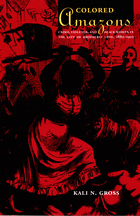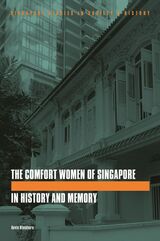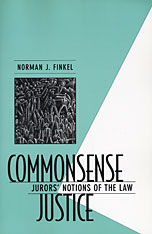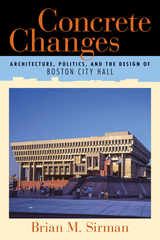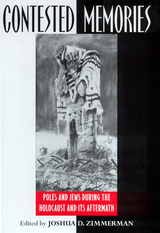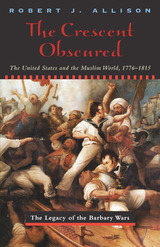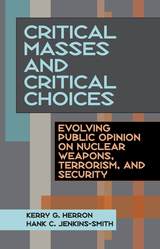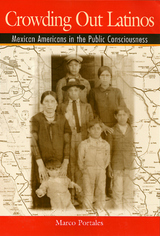Paper: 978-1-58901-016-1
At the center of the debate over complementary and alternative medicine—from acupuncture and chiropractic treatments to homeopathy and nutritional supplements—is how to scientifically measure the effectiveness of a particular treatment. Fourteen scholars from the fields of medicine, philosophy, sociology, and cultural and folklore studies examine that debate, and the clash between growing public support and the often hostile stance of clinicians and medical researchers.
Proponents and critics have different methodologies and standards of evidence—raising the question of how much pluralism is acceptable in a medical context—particularly in light of differing worldviews and the struggle to define medicine in the modern world. The contributors address both the methodological problems of assessment and the conflicting cultural perspectives at work in a patient's choice of treatment. Sympathetic to CAM, the contributors nonetheless offer careful critiques of its claims, and suggest a variety of ways it can be taken seriously, yet subject to careful scrutiny.
See other books on: Alternative Medicine | Callahan, Daniel | Ethics | Medical | Role
See other titles from Georgetown University Press

